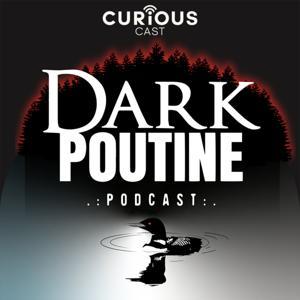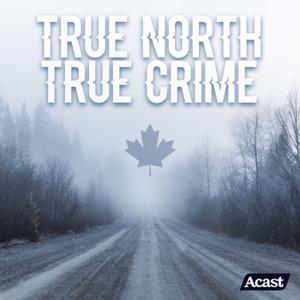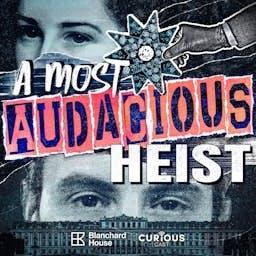The influence of organized crime extends everywhere…drugs, loan-sharking, protection rackets, shakedowns, gambling, prostitution, money laundering, waste disposal—and the music industry.
It’s not something we hear about so much anymore…but in the 50s, 60s, 70s, and 80s, it was very much a thing…and if you were operating in the music business during those decades, you would have come across Morris Levy.
He liked to project the image of the savvy businessman, an entrepreneur running a successful record label who was also a philanthropist, raising money for charities like opera companies and children’s hospitals.
But sitting atop his pyramid of companies, Levy stole money from artists, shook down record retailers, laundered money, cheated record pressing plants, and threatened people who got in his way…his influence was far, far greater than the size of Roulette would indicate.
If you wanted to stand up to Morris, you had to be careful…there was a .38 in his desk drawer and he had several associates on the payroll that carried baseball bats in case a meeting turned difficult…and if that didn’t scare you, there were his silent backers in the mafia.
With this backroom help, Morris was able to get his way with everyone from young emerging singers to—believe it or not—John Lennon.
Levy ran his corner of the music business his way for decades—until he couldn’t. This is part two of “Morris Levy: music’s most mobbed-up man”.
Learn more about your ad choices. Visit megaphone.fm/adchoices












































